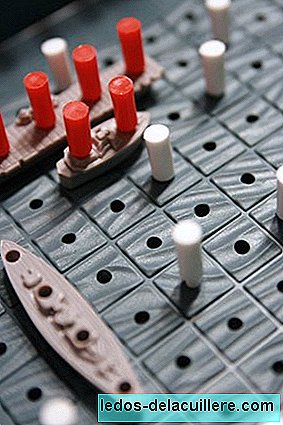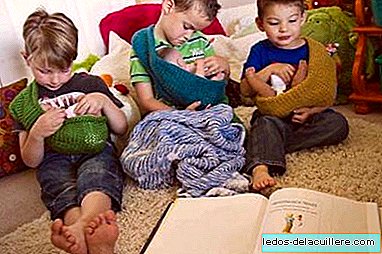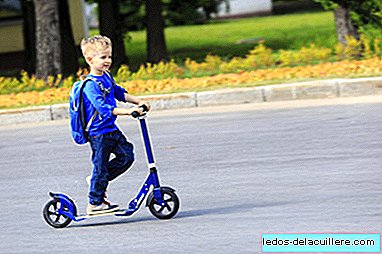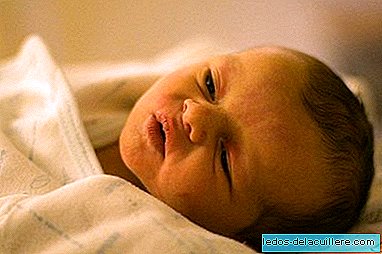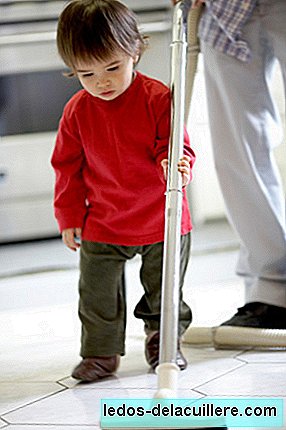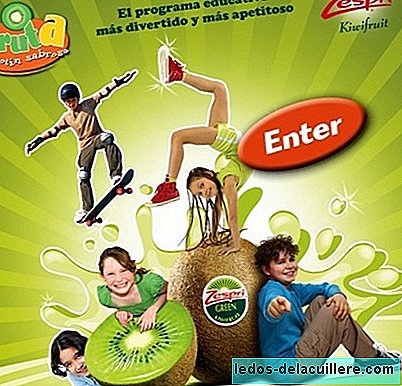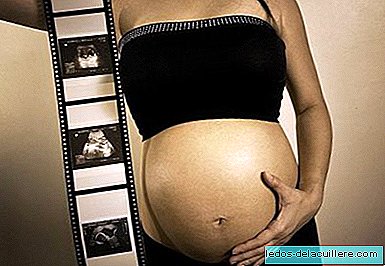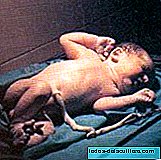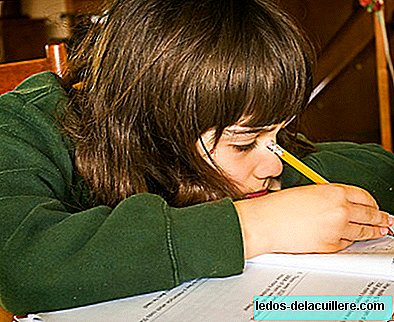
Now there are very few days left before the end of the course, it is the time when the students are most tired, and also when many Primary and Secondary school students have final exams.
Parents want to help children by providing favorable conditions for study, so that the effort of its fruits, and our children do not become overwhelmed. But What do we know about the most adequate food to accompany this intellectual effort?
Today it is known that the quality of infant feeding is not only intended to help the body to properly perform its functions, it can also influence your behavior and learning. Growing healthy is eating healthy, among other factors, do we pay attention to this aspect? A child who is not well fed (that is, who is not provided with a healthy and balanced diet), may become slower in school assignments, and take longer to learn the lessons.
They say that some famous thinkers deliberately chose a vegetarian diet (you know that according to nutritionists, Fruits and vegetables have many nutrients that help us physically and psychologically), including Pythagoras, Plato or Einstein.
I do not consider vegetarianism an extreme, although it is not a valid option for everyone, The basic idea to move, is that increasing the amount of plant-based foods is beneficial for children's academic performance. However, in school children are exposed to consumption models that are not recommended at all: who does not know students who carry buns, packaged juices or cookies for lunch ?, once this pattern has been established during early childhood , it is much easier to follow when they are teenagers (less parental control, the cafeteria of the Institute ... you know).
A few years ago my children said it was too strict (to school only snacks, fruits, cereal pancakes, bread sticks, and water), now they are an example for others. In the daily diet, I intuitively follow a rule that I have named after thanks to Julio Basulto: 'do not deny, do not offer', in the case of superfluous 'food', or full of empty calories. But our base is fresh foods that are cooked, or those that are very basic, for exceptions there is always time, however I do not want my children to be confused, which they will do so in a few years when the group presses them.

Returning to the relationship between eating and exam performance, students eat poorly (especially from high school): They usually consume saturated fats, or foods that are too rich in refined or too salty sugar. Agree that they are easy to consume, and to transport, but parents can teach them how to bring healthy foods comfortably: a piece of fruit, a carrot washed and cut into sticks inside an airtight container, a small bottle with roasted almonds, a small snack (ask them what they want to make sure they are going to eat it) This if we talk about lunch, although We will also take care of the rest of the meals.
Good physical and intellectual performance is accompanied by a healthy and varied diet: fruits, vegetables, cereals (part of them will be whole grains), legumes, fish, some daily dairy ration, and other animal proteins (moderately). Let's get rid of the head that sugar (extra) laments the brain cells and facilitates the study ... The body transforms many of the staple foods we eat in the sugars that the body needs, in the case of dairy products and cereals), therefore a chocolate will not improve the results of an exam.
To drink the best is water, in any circumstance, and let's not forget the three main meals and (if possible) two lighter at mid-morning and mid-afternoon.
Images | Randen Pederson, In Peques and More | Tips to cope with exam anxiety, do you want to respond to the energy needs of children ?: Start with a good breakfast, how to take care of the diet of child athletes?


